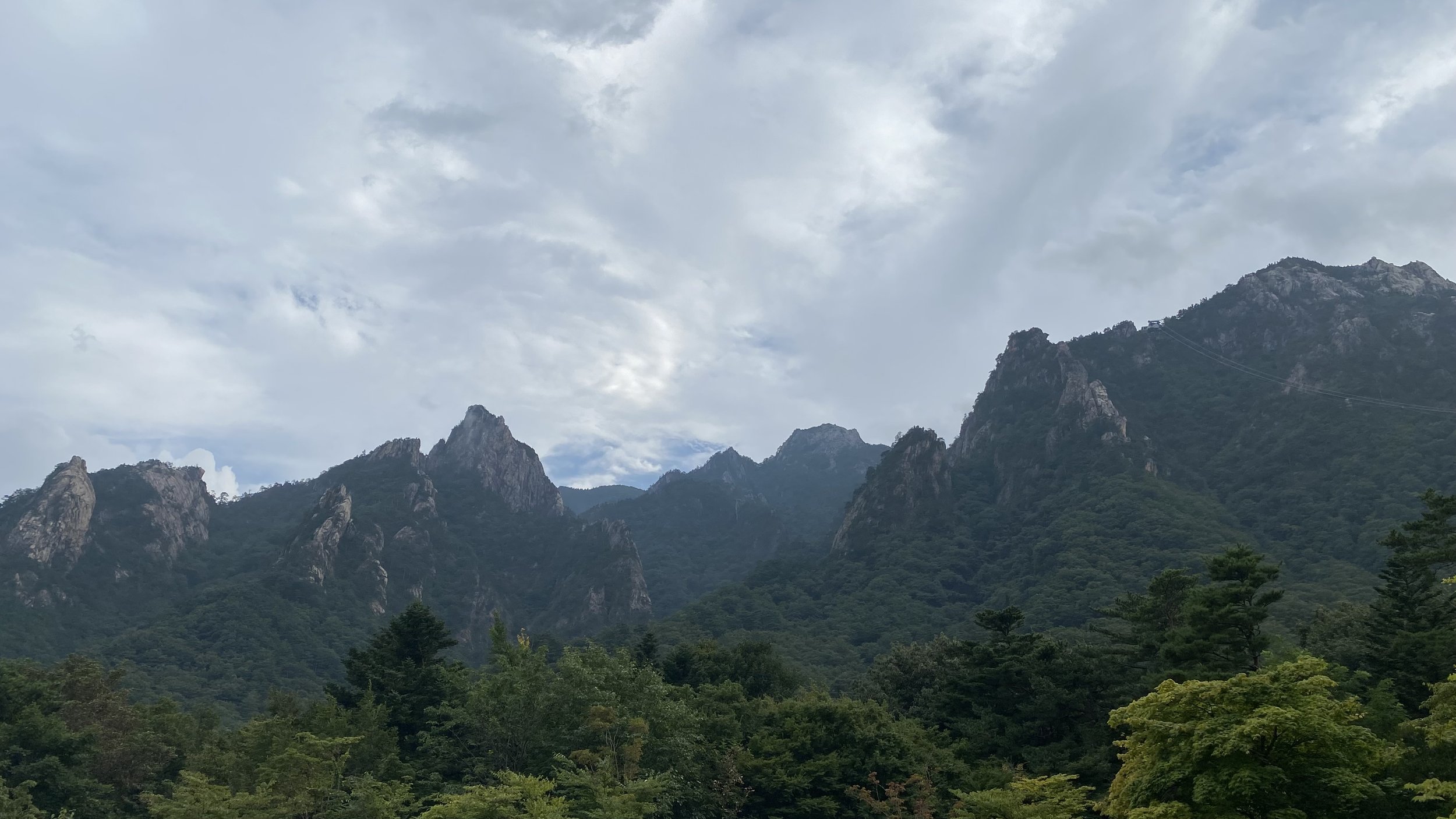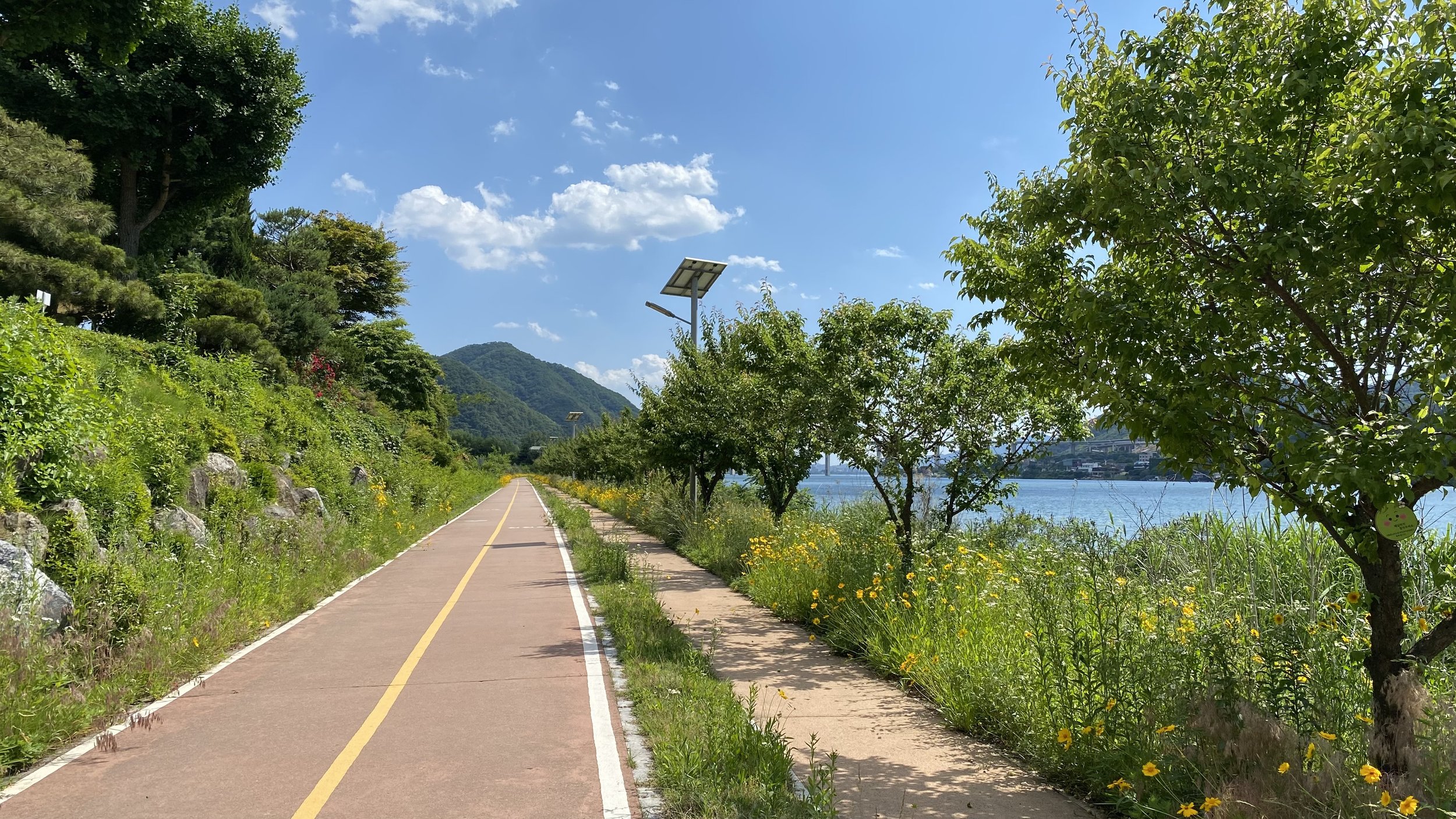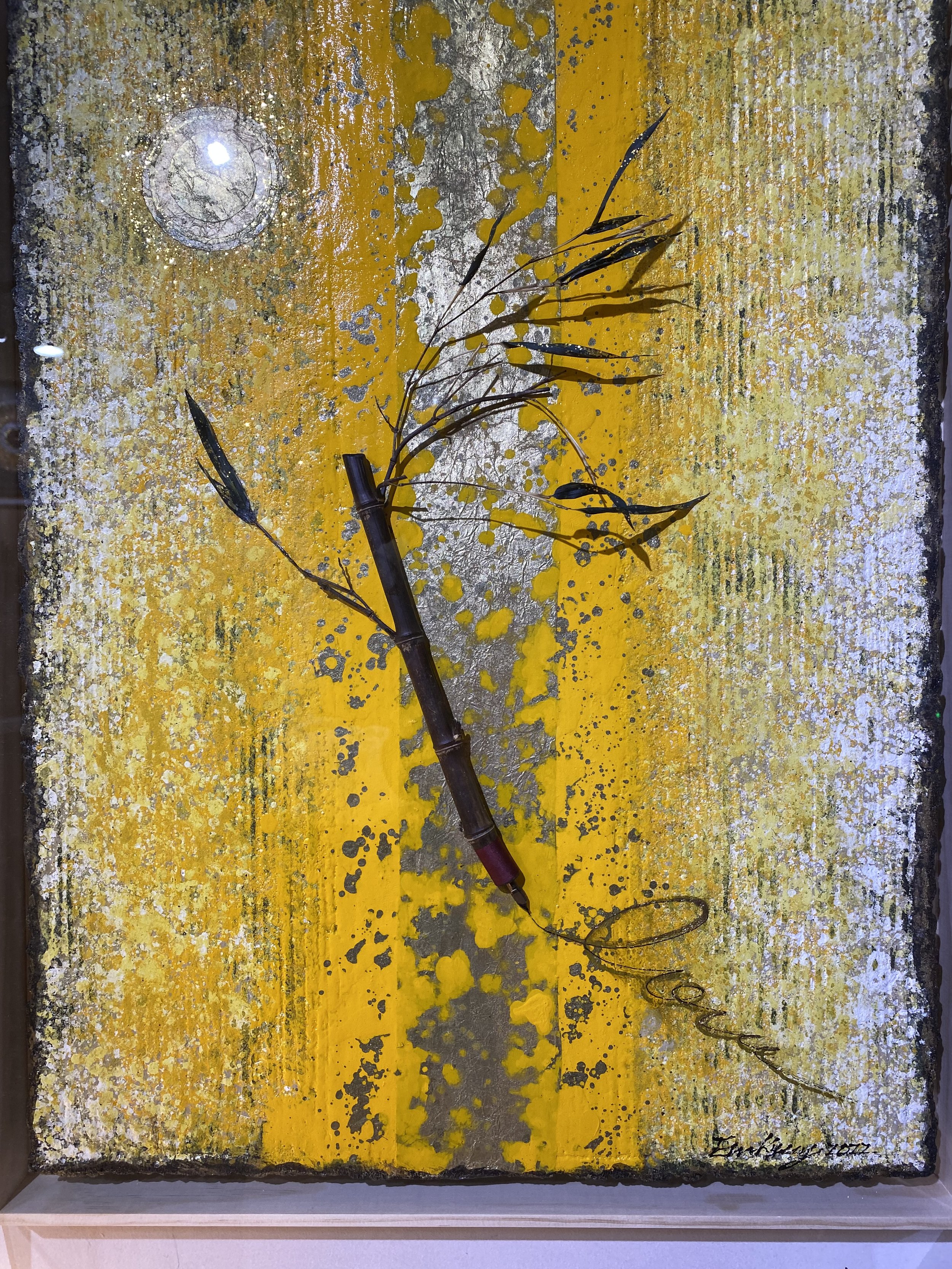LIVING WITH AND IN GOD
Twice a month, my wife and I have been meeting/zooming with our intercessor. She as a seer and spiritual director has dedicated her valuable time and energy to intercede for me and my wife ever since I became a leader of my previous organization. With her deep listening and generous heart, she has been more than an intercessor but a loving friend and a kind guide. I told my intercessor this morning over Zoom that I am done living trying to start or initiate new things. Since our sabbatical which coincided with the start of the pandemic, my posture has been to wait and see what God does and follow God’s open doors. The unrehearsed and unfiltered remark saw the daylight as if it had been wanting to peek out all along.
It is not that I do not ever think about doing new things anymore. They come in waves, some more forceful than others, and I suppose I have learned enough to know how things generally will unfold even though the details may differ. My desire to follow through with pursuing new initiatives has significantly subsided. Honestly, it is not that fun and exciting anymore, not to say that I have done new things just for fun.
Speaking of excitement, I have learned that letting God take charge and lead my life is far more exciting and adventurous. If excitement and adventure are the only gauges, then I may have found the secret of how to pursue after those—by pursuing God, waiting for God’s time and open doors, and letting God take charge of my life. Surprises are new every morning as are God’s faithfulness and mercy. Treasures both big and small rain down as heaven’s droplets to nourish and further encourage me to open my eyes and see what is real. Challenges often force reorientation and check our spirit with new discerning eyes.
In some ways, I was not surprised by what got out of me this morning because I had been sitting on what I read from Thomas Merton (from Thoughts in Solitude, P. 117) several weeks ago.
Some people live for God, some live with God, some live in God.
Those who live for God, live with other people and live in the activities of their community. Their life is what they do.
Those who live with God also live for Him, but they do not live in what they do for Him, they live in what they are before Him. Their life is to reflect Him by their own simplicity and by the perfection of His being reflected in their poverty.
Those who live in God do not live with other men or in themselves still less in what they do, for He does all things in them. (Italicized are his)
Obviously, I do not think that living for God is inherently bad or insufficient. It is that my desire to live with God and in God far exceeds my effort-driven life without (or having assumed) living with God and in God. (The distinctions are particularities of division in Merton’s mind since he was a semi-hermit, part of the Trappists’ order.) Thus, it is the stage in which living for God happens is what my life resonates—that living for God is a natural outflow from living with and in God.
Concurrently, I have been immensely enjoying Devotions: The Selected Poems of Mary Oliver. I knew I liked Oliver’s poems, but my soul is in deep accordance with how she saw the world. Her love for the natural world and all living things without judgment mirrors the generous capacity of her soul. Below, I would like to highlight three poems (short sections) by Oliver.
Why do people keep asking to see
God’s identity papers
When the darkness opening into morning
Is more than enough?
(From I wake close to morning)
I have refused to live
Locked in the orderly house of
reasons and proofs.
The world I live in and believe in
Is wider than that. And anyway,
What’s wrong with Maybe?
From The world I live in
Then she writes a few poems about her dog, Percy. She writes how she is trying to live “the examined life” because she has been taught that.
But there are days I wish
there was less in my head to examine,
not to speak of the busy heart. How
would it be to be Percy, I wonder, not
thinking, not weighing anything, just running forward.
From Percy (nine)
It dawns on me this morning that nature including the sun, Percy, Remy (my daughter Elizabeth’s chihuahua), Luna (my daughter Hannah’s huskie), and Balto (Jeremiah, my son-in-law’s huskie) all do not try to live for God. They simply exist to live with God (how God created them to be) and in God. They do not toil, work, or even exist for God. They simply exist to be who God created them to be.





















